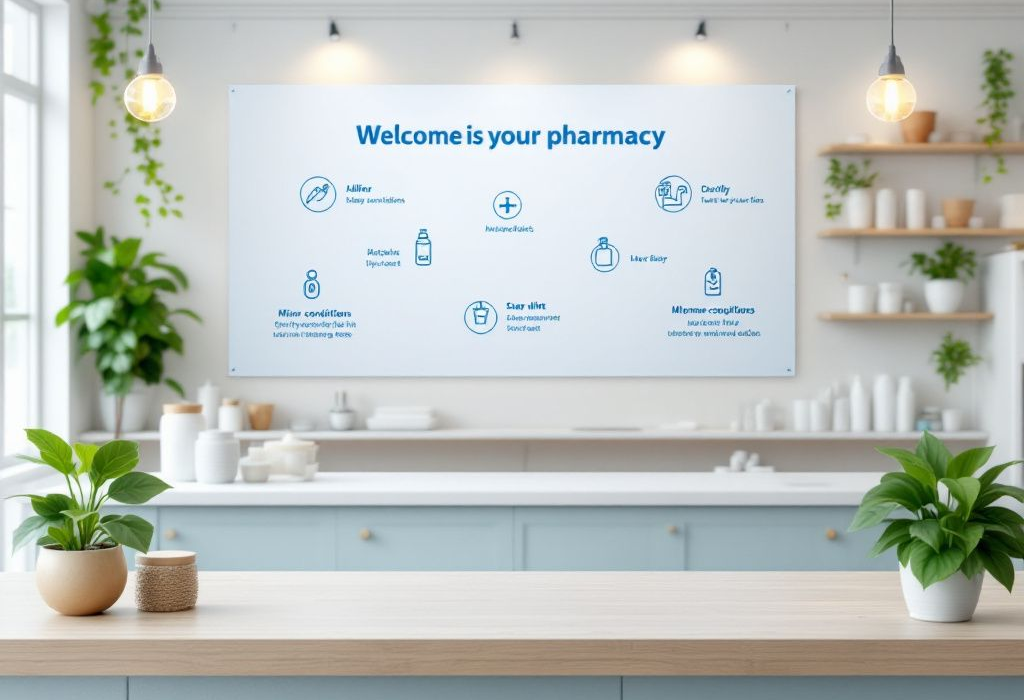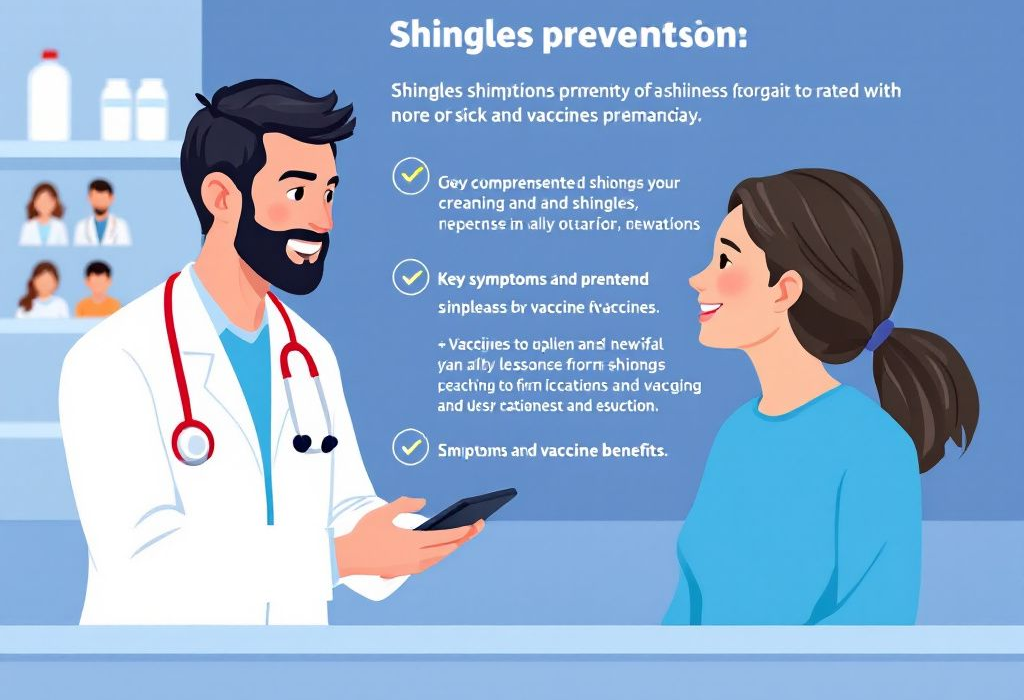Pharmacy First: Understanding Minor Ailment Treatments
At Olive Pharmacy, we champion the notion of “Pharmacy First” by enabling patients to address minor health issues swiftly, efficiently, and professionally. In today’s fast‐paced world, especially for travellers and busy healthcare professionals, finding timely advice and treatment for minor ailments is essential. Our approach focuses on providing accessible, high‑quality care without the lengthy waiting times often associated with traditional healthcare settings.
Frequently Asked Questions
What exactly are minor ailments?
Minor ailments refer to common, non-serious health conditions such as colds, headaches, minor skin irritations, and gastrointestinal upsets. These conditions are typically self-limiting but can cause discomfort and inconvenience if left unmanaged. Understanding their symptoms and knowing when to seek advice is crucial, particularly when immediate access to a doctor is not feasible.
How can a pharmacy help manage minor ailments?
The role of a community pharmacy has evolved to offer more than just dispensing medications. Trained pharmacists are now equipped to assess and provide advice for minor ailments. They utilise their expertise to recommend appropriate treatments — be it over-the-counter medications, self-care advice, or referrals when necessary. This proactive model ensures timely care, reducing the burden on general practitioners and minimising follow-up complications.
What are the benefits of opting for pharmacy services for minor ailments?
Using pharmacy services for minor ailments offers several advantages. Firstly, it provides quick access to professional care without the long wait times typically seen in general practice. Secondly, pharmacists possess in-depth knowledge and local expertise, which is especially beneficial for travellers who may be unable to access their regular healthcare providers. Additionally, these services are cost-effective and highly accessible, making them an ideal first point of contact.
How do minor ailment treatments differ for travellers?
Travellers often encounter different health challenges compared to those in their home environment. Factors such as time zone adjustments, unfamiliar climates, and even dietary changes can trigger or exacerbate minor ailments. At Olive Pharmacy, our practitioners are aware of these unique circumstances and tailor their advice accordingly. Whether you need a quick remedy for travel-induced diarrhoea or a solution for a bothersome cold during your journey, our approach is designed to fit seamlessly into your travel schedule.
What training do healthcare professionals at Olive Pharmacy have for minor ailments?
Our team is comprised of highly qualified and continuously trained healthcare professionals. Each pharmacist undergoes rigorous clinical and customer service training, enabling them to evaluate symptoms accurately and provide safe and effective treatments. Their ongoing professional development ensures that they remain current with best practices and evolving guidelines in the management of minor ailments. This commitment to excellence is part of our core philosophy at Olive Pharmacy.
How is patient safety ensured during minor ailment treatments?
Patient safety is our utmost priority. When you visit Olive Pharmacy for minor ailments, every consultation is conducted in a private, confidential setting where your medical history is carefully considered. Our pharmacists utilise evidence-based guidelines and are supported by cutting-edge technology to review potential interactions and contraindications. This thorough approach safeguards your wellbeing while ensuring you receive personalised, effective care.
How can I access these pharmacy services?
Accessing our comprehensive minor ailment services is easy. Simply visit your local Olive Pharmacy or book an appointment online to consult with one of our experienced pharmacists. Our streamlined process means you can receive expert advice without the hassle of lengthy booking procedures. For more information about our services and to secure your consultation, please book an appointment today.
Can minor ailments be treated without visiting a doctor?
Yes, many minor ailments can be effectively managed without the need to see a doctor. Pharmacists are trained to recognise symptoms and understand when a condition falls within the realm of a minor ailment. By offering direct care and self-management advice, pharmacists often help prevent unnecessary doctor visits, saving both time and healthcare resources. However, if your symptoms worsen or persist, our professionals will advise you to seek further medical evaluation.
How does self‑care advice play a role in managing minor ailments?
Self‑care is a cornerstone of managing minor ailments. At Olive Pharmacy, our pharmacists empower you with practical advice on lifestyle adjustments, proper medication usage, and home remedies that support recovery. This educational approach helps you understand your condition, fosters healthier practices, and encourages attentive monitoring of your symptoms. Embracing self‑care can significantly enhance your comfort and speed up the healing process.
Conclusion
Understanding and effectively managing minor ailments is essential, whether you’re a frequent traveller or a busy healthcare professional. With tailored advice, expert treatment options, and a focus on timely care, Olive Pharmacy is your trusted partner for navigating everyday health challenges. By choosing our “Pharmacy First” model, you benefit from a service that not only addresses your immediate needs but also promotes lasting self‑care and wellness.
If you’re experiencing a minor ailment or simply value the convenience of private pharmacy services, we invite you to book an appointment with us. Our team is ready to help you take the next step towards better health with personalised, accessible care.



